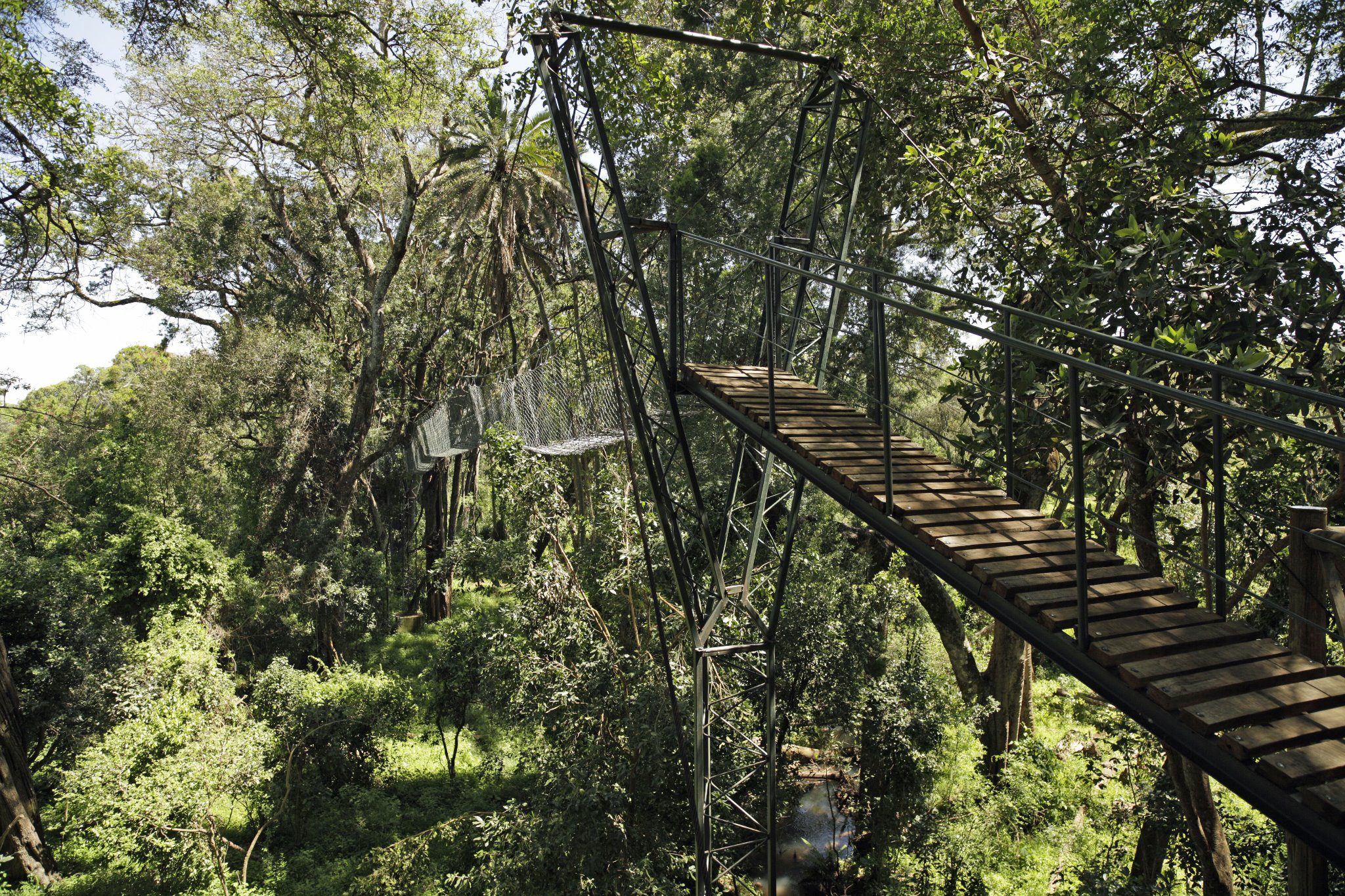Lewa House, is located in Lewa Downs, one of Kenya’s major private conservation successes. The Craig/Douglas family first came to 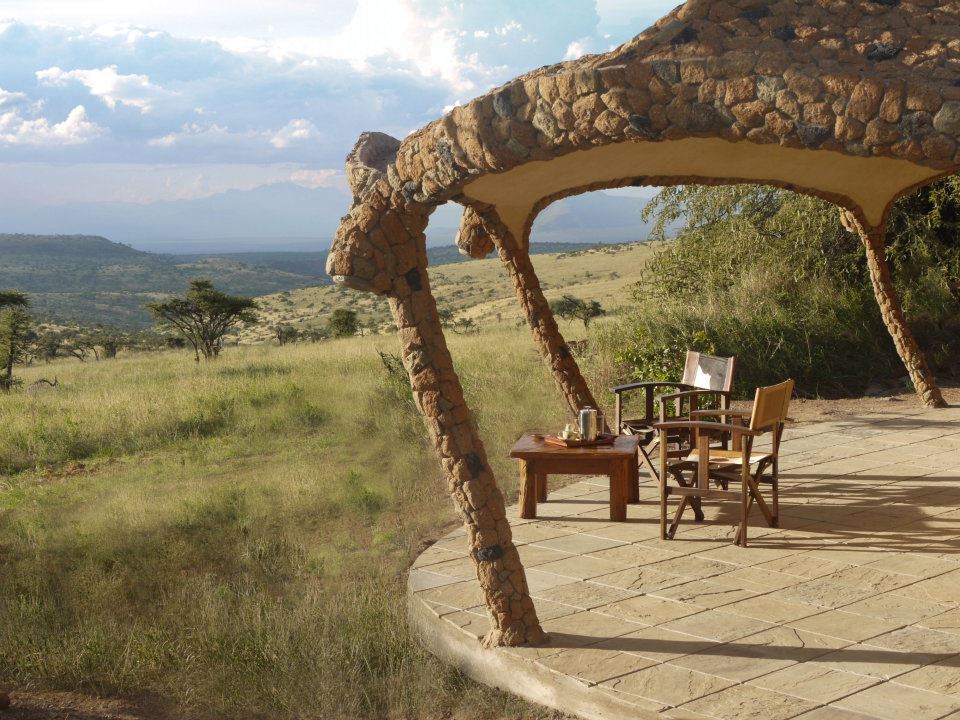
Lewa House itself overlooks valleys and hills that stretch to the Mathews range and the sacred mountain of the Samburu, Ol Lolokwe.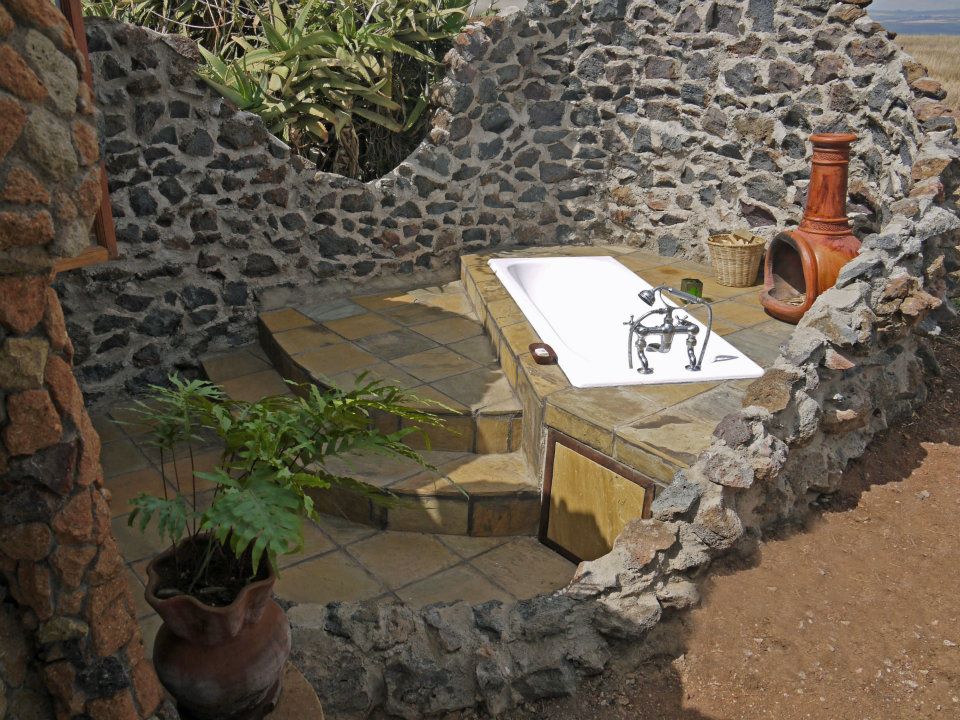
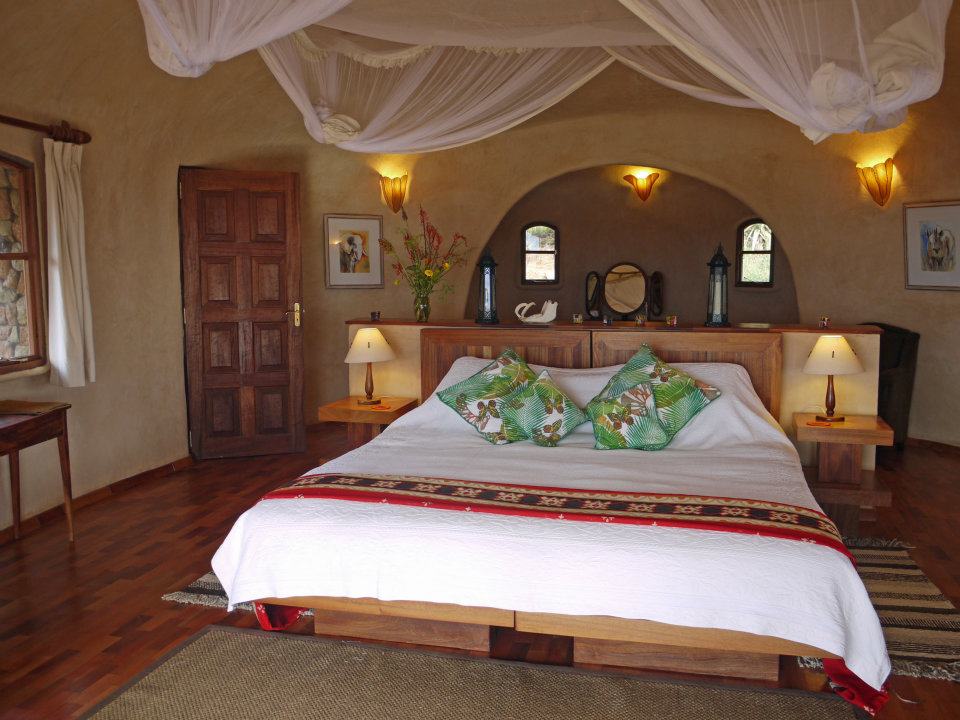
In addition to game drives, you’ll want to take advantage of opportunities to view wildlife on bush walks with Maasai guides, visit the cultural Boma, see rock paintings and the community development projects that Lewa House supports.
Overnights at LEWA HOUSE. Includes: all meals, house beverages with meals, game viewing activities, laundry.
Lewa House’s Commitment to Responsible Tourism
We recently asked Calum Mcfarlane who owns and manages Lewa House with his wife Sofie to tell us a bit about the conservation projects that are part of the LWC and the community development projects that Lewa House supports and we got quite a list!
Lewa Wildlife Conservancy: As mentioned above Lewa House is part of a larger group of properties that form the Lewa Wildlife Conservancy (LWC). The LWC is an innovative conservation area established by the Craig/Douglas family and exists in partnership with several of our favorite properties (including Lewa House, Lewa Safari Camp and Sirikoi). In addition to the contribution that guests make in park fees, which go directly to the LWC, there are several ways that guests of Lewa House can get involved in and 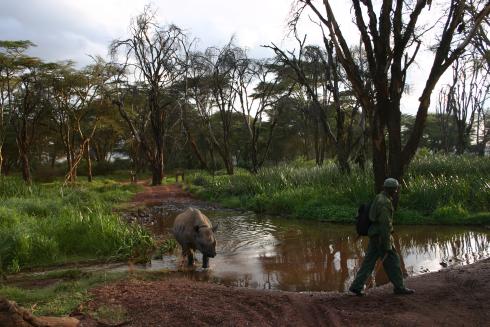
- Guests can adopt ($2500) or even name ($10,000) a rhino (see here for details). Guests that make a donation are regularly updated by Lewa on the rhino’s progress and can always contact Lewa for additional updates.
- Guests staying Lewa House can also visit the LWC headquarters to see what goes on “behind the scenes”. This includes a visit to the security team to see the snares and spears removed from animals and a chat about the security for the wildlife and the problem of poaching. They can also visit the ops room – where the whole wildlife security effort at Lewa is coordinated. Guest can then go and visit the anti-poaching team and their bloodhound tracker dogs. The team train the dogs everyday (unless they have been called out to an incident) and guests can either act as the poacher and be tracked by the dogs or they can follow the dogs and see how it is all done, very interesting and guests love it! Guests can also donate money to Lewa for a specific task i.e. $220 will buy warm clothing for a ranger or night security patrol, $3,700 pay for the annual salary of one tracker dog handler and so on.
Lewa House and the Community:
In addition to it’s commitment to conservation Lewa House and the LWC support the local community in a number of ways. Firstly,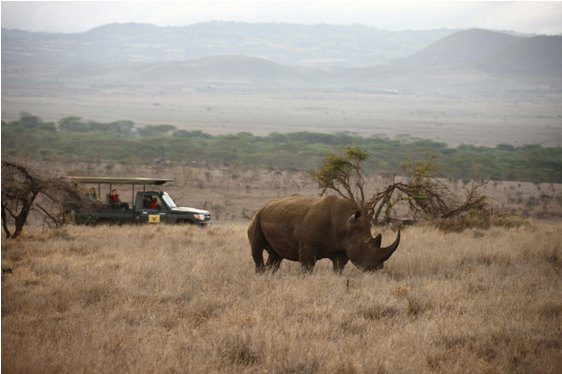
- Community Health Care: Lewa has 3 clinics supporting up to 90% of staff and local communities
- Community Water Management: Spring conservation and drip irrigation schemes
- A Women’s micro credit scheme: Helping women start small businesses and generate money to support their communities
- Community Forestry Projects: Tree nurseries started in local communities to cut down on firewood collecting and charcoal burning which is leading to widespread deforestation in East Africa.
Sustainable Agricultural Development: Training local farmers in techniques that preserve soil quality, increase efficiency and sustain biodiversity.
- Lewa Education Programs: Supporting local schools, feeding programs, bursaries, orphans and adult literacy
Guests of Lewa House can visit any of these programs themselves and if they decide to donate money they can specify exactly which project they would like it to go to (having actually seen it themselves). The LWC or Lewa House then provides (or us at regular updates on how their money is being spent, send them photos etc. Calum points out that this gives guests peace of mind “that their money isn’t disappearing into some big fund with no defined aim – it will go exactly where they want it to go, with tangible results.” He also points out that the projects have the knock-on effect of protecting the wildlife in the LWC. The LWC can’t survive without the communities help so if the community see that the wildlife is improving their quality of life via these projects then they will do their best to protect the wildlife, for example by reporting possible poachers.
Other community projects in the area that people can visit in the area 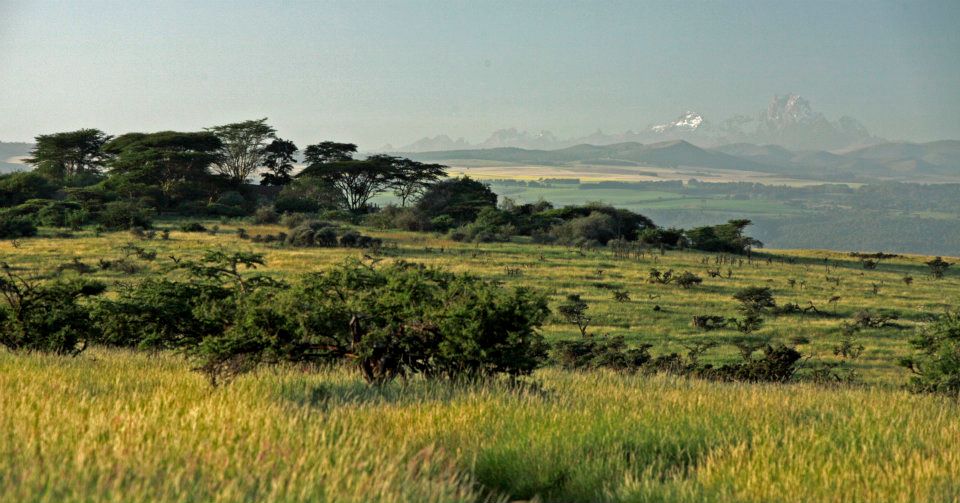
- The Il Ngwesi cultural village: While some people might cringe when they hear the term “cultural village,” Il Ngwesi is great. It’s a real village for starters and the history of the Maasai in this area is unique as they have shifted overtime from nomadic pastoralists to hunter gatherers and then back to pastoralist! They have retained a lot of their hunter gatherer heritage and show guests skills such as honey gathering and there are no high pressure sales tactics (for their bead work) which is a pleasant change of pace from many cultural villages.
The second project is the Ngare Ndare Forest Trust. Here the community have protected this endangered piece of indigenous forest and not only generate revenue from it but also protect it as an important water catchment/tower for the area (it absorbs water during the rainy season and then slowly releases it throughout the year providing everyone with a continuous water). Lewa House offers trips to the forest complete with a picnic lunch. Guests can go swimming in beautiful waterfalls and sky blue springs and then head up to and aerial walkway (sort of like a wire bridge) through the forest canopy (originally built for the community by the British army) where you can see the beautiful birds like the Hartlaubs Turaco as well as getting a bit of an adrenalin rush – it’s about 40 feet up!
Lewa House is provides transportation to and from these projects but guests pay an entry fee that goes straight to the community.
All in all Lewa House and the Lewa Downs/Lewa Wildlife Conservancy area is unique in East Africa both for its commitment to responsible tourism and because it is a private conservation area and not a national park, Lewa is able to provide a unique and private safari experience for travelers.
For more information email [email protected]

